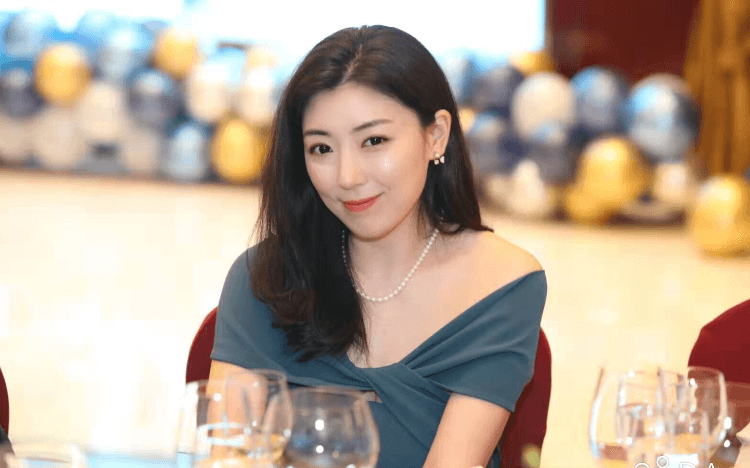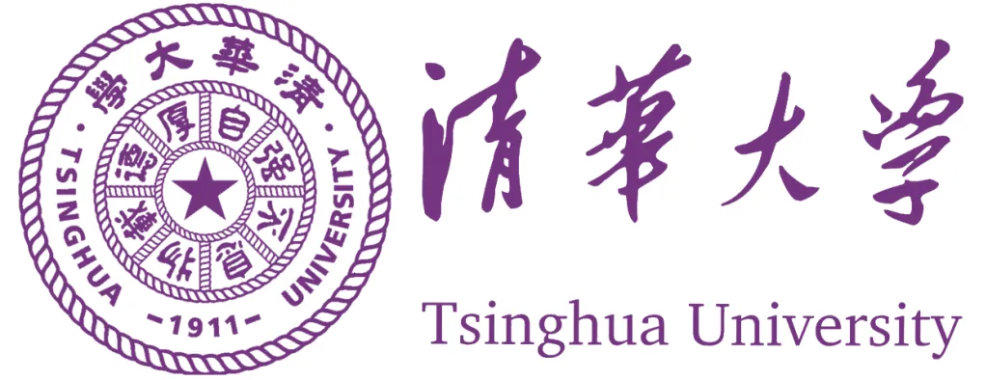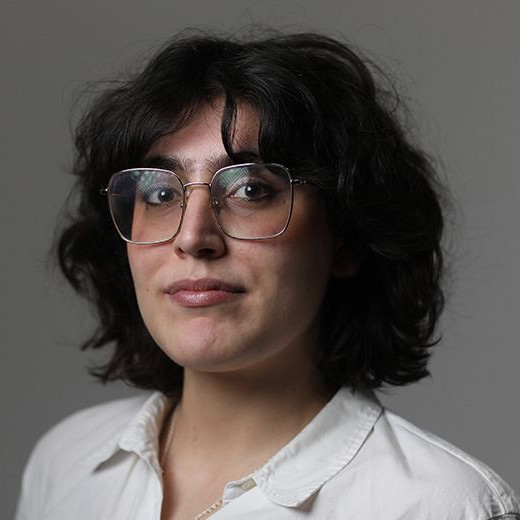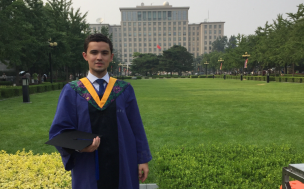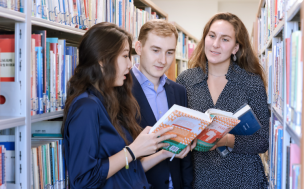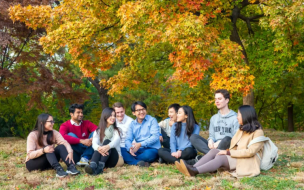Irene Kim has always sought to broaden her horizons. An American citizen, she moved to South Korea after her bachelor’s degree and then to China for her MBA at Tsinghua University.
During her early career, Irene juggled a strategy consulting role and a job in venture capital, keen to explore both sectors before settling on one.
But she hasn’t had to settle. Thanks to her MBA, she was able to merge her interests in both strategy and investment, securing a top strategy role at the Asian Infrastructure Investment Bank (AIIB).
Exploring career options with an MBA
After a BA in Marketing from the Kelley School of Business at Indiana University, Irene kicked off her career in consulting.
She first worked at a steel company, overseeing internal strategy, and then transitioned to a business analyst and strategy consultant role at Accenture. When she left the company after four years, she wasn’t sure what was next.
So she explored two paths at the same time, working as a freelance consultant while getting involved in the world of startup accelerators and incubators. During her stint in South Korea’s startup scene, she helped launch a cosmetic company and advised a crypto fund.
“I tested both sides for a couple years, but I still was wondering which direction was a better fit for me,” she says.
That’s when she decided to pursue an MBA. The generalist degree would give her the chance to study both sectors in more detail, and figure out which would suit her better.
Discovering China’s startup scene at Tsinghua
Irene thought that China would be the best place to learn about both of these potential career trajectories, especially the startup world.
Her experience in this industry pre-MBA showed her just how important the Chinese business landscape is to foreign investors.
“Whenever I was talking to venture capitalists and accelerators in the US, they would always ask me about my views on the Chinese market,” she recalls. “China was and still is one of the hottest spots for the startup industry.”
Ranked first in Asia in the Times Higher Education Asia University Rankings 2021, Tsinghua University is one of the most renowned institutions in the region.
With a focus on both Chinese and international markets, the school offers students access to China’s fast-growing business environment, as well as a global outlook and network through various international experiences.
Irene had the opportunity to travel to Barcelona to study a global supply chain module with Inditex, one of the world’s largest retailers. She also participated in FinLab, a program where MBA students put together tailor-made business plans to enter the Chinese market for Finnish companies.
“That was a very unique experience because not only were we able to give those companies what they were looking for, but we also learned a lot about what foreign companies want, what their concerns and thoughts are,” she says.
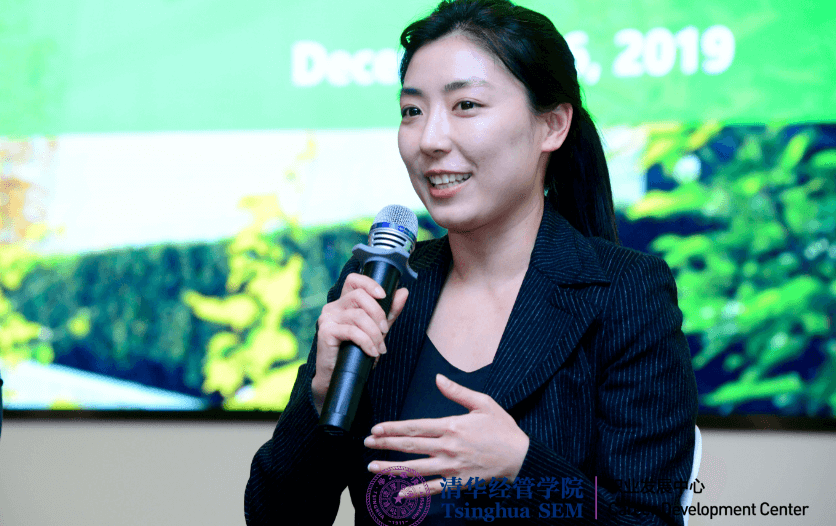
Building an investment banking career at the AIIB
This knowledge of what investors look for and how they operate proved invaluable in Irene’s career post-MBA.
She now works as a strategy associate at the AIIB, a major development bank focused on developing sustainable infrastructure across Asia.
She’s responsible for overseeing private capital mobilization and the bank’s equity strategy, as well as developing the bank’s annual business plan.
Her favorite part of the job are the investment projects she works on, as she gets to see how deals with clients are structured and implemented.
“I guess I really killed two birds with one stone because I always wanted to do something that's strategy and policy-driven, but at the same time, I wanted to work with the investment side of things. My work happens to be a good combination of the two,” she says.
The diverse cohort at Tsinghua also taught Irene how to work with people from a wide variety of industry backgrounds, a skill she uses to this day.
“Nowadays, I talk to clients that work on operating infrastructure, and even though we don't speak the same technical language, I can still engage with them,” she explains.
Irene says that Tsinghua helped her secure her role, not only thanks to the skills she acquired during the program, but also because of the school’s reputation. “What definitely helped me was the name value of China and Tsinghua,” she says.
“When I was doing interviews, people knew that I was studying at Tsinghua, so they knew I understood the culture and the Chinese social and business ecosystem very well.
“An MBA really gave me the opportunity to broaden my mind, and see the different options of where I could end up in the next five or 10 years,” she adds.
Now, Irene is able to work on projects that really matter to her, driving sustainable economic development in Asia by using the strategy skills and knack for smart investment she refined during her MBA.


